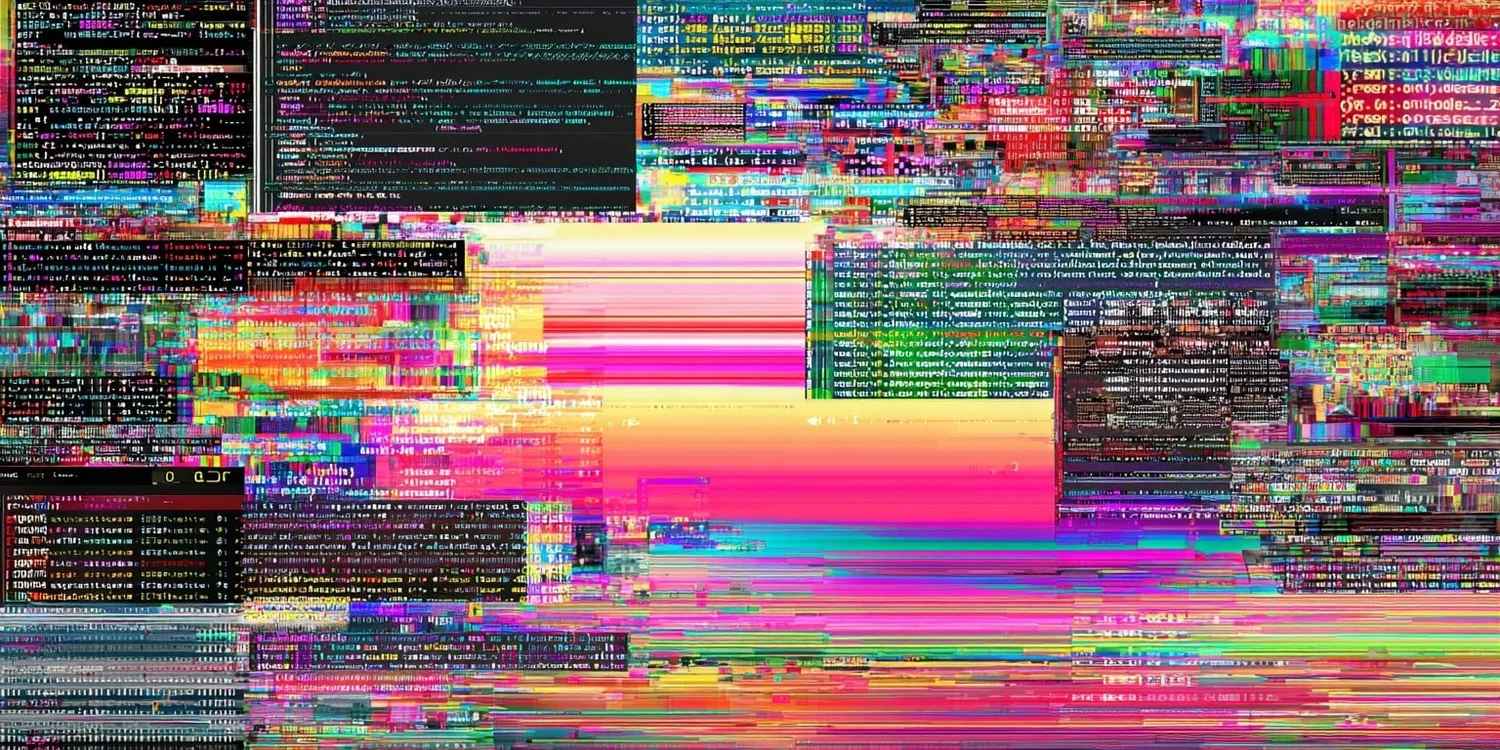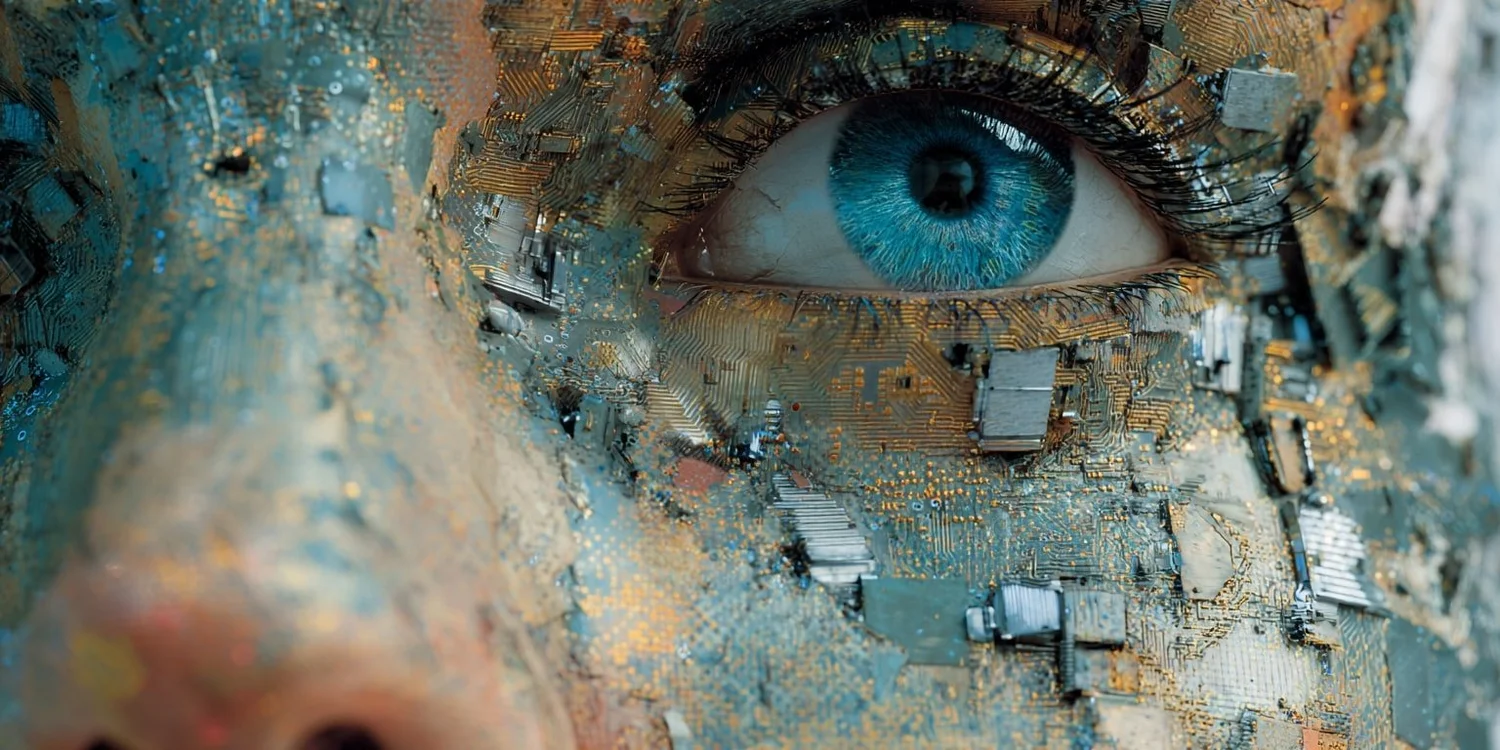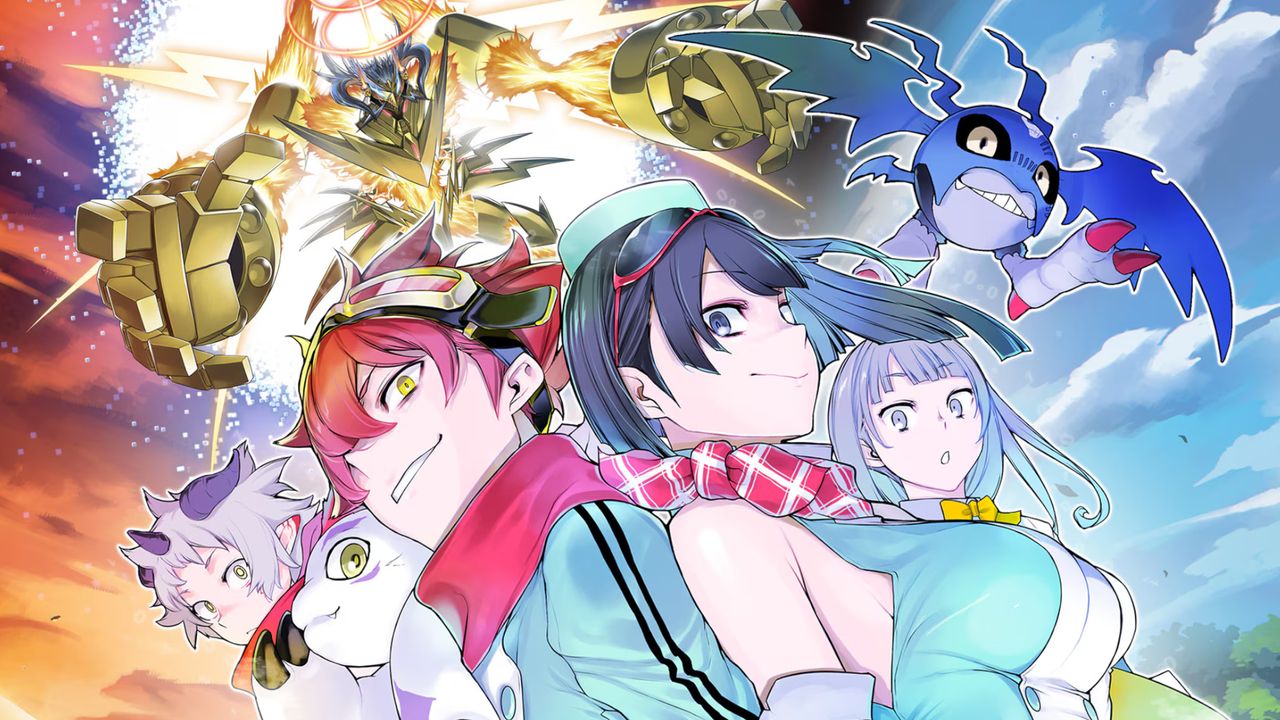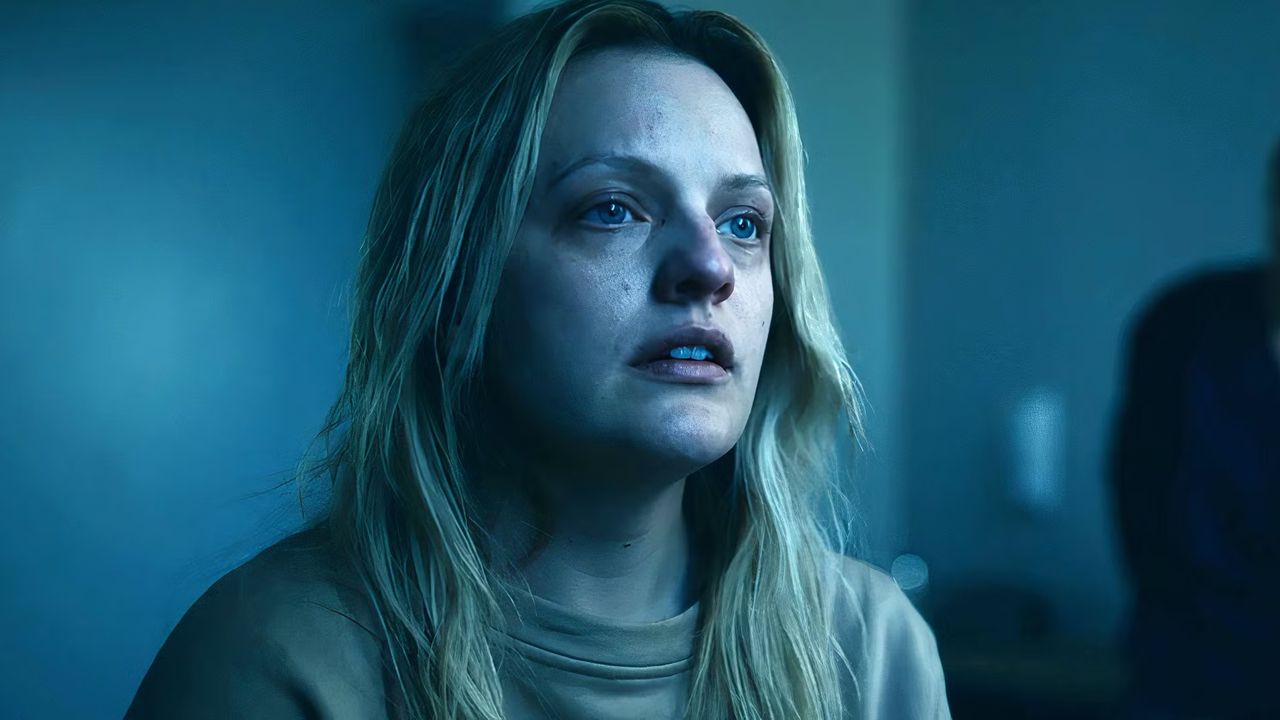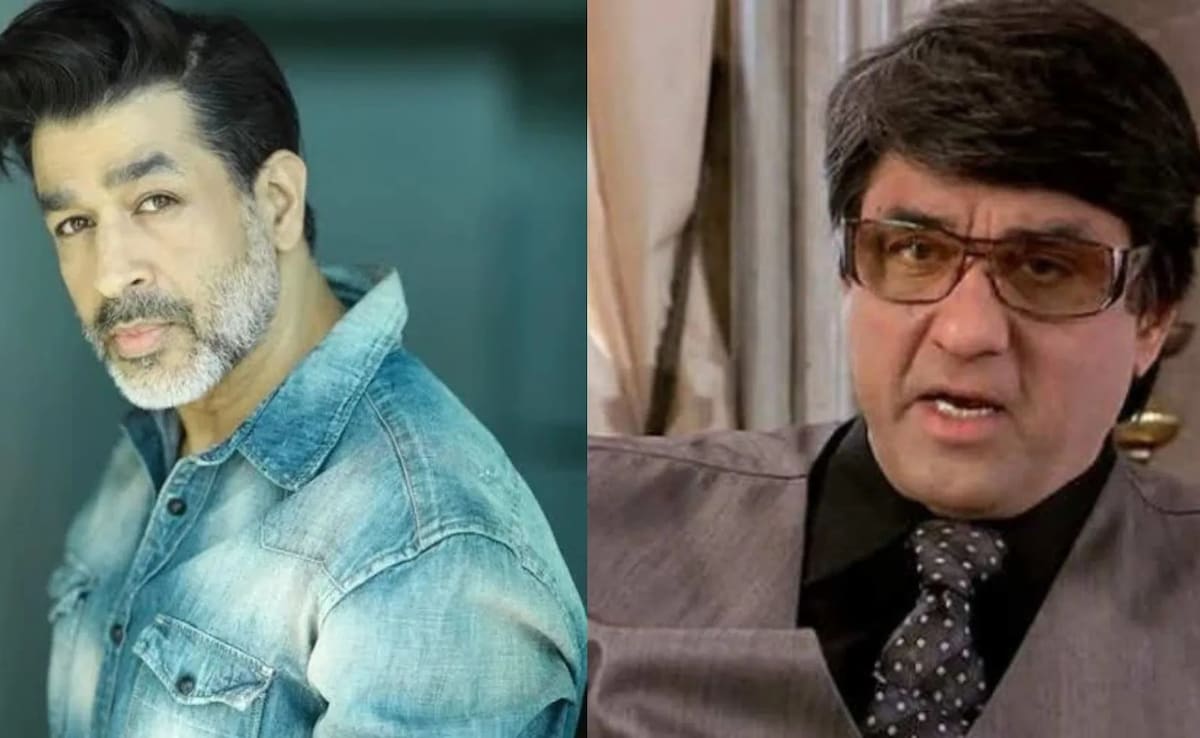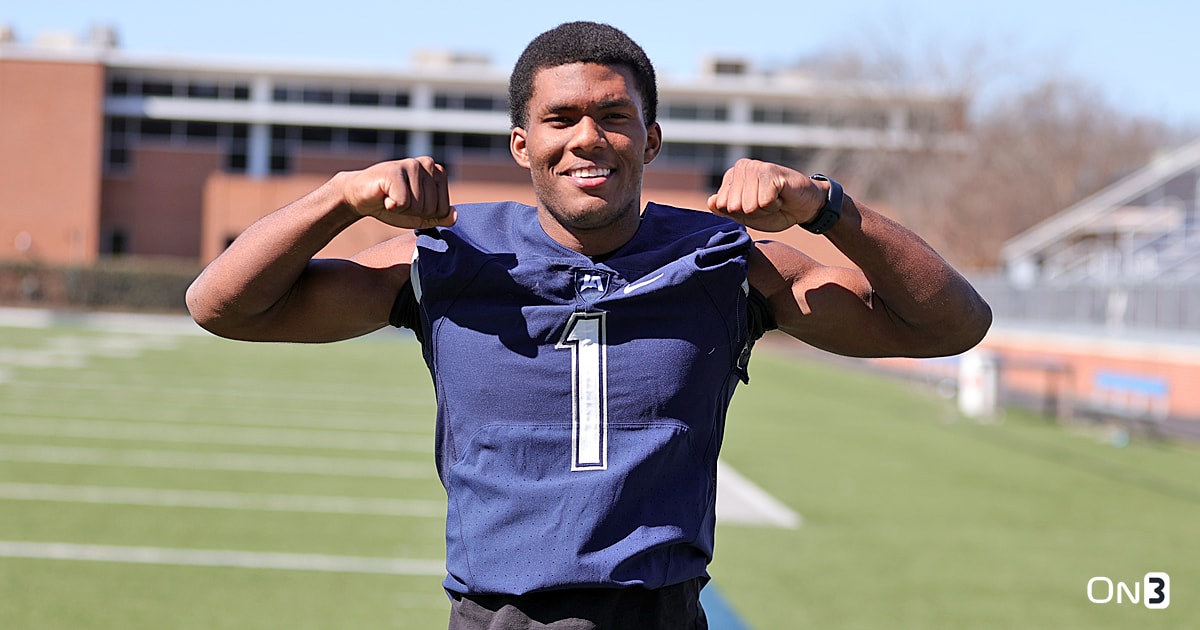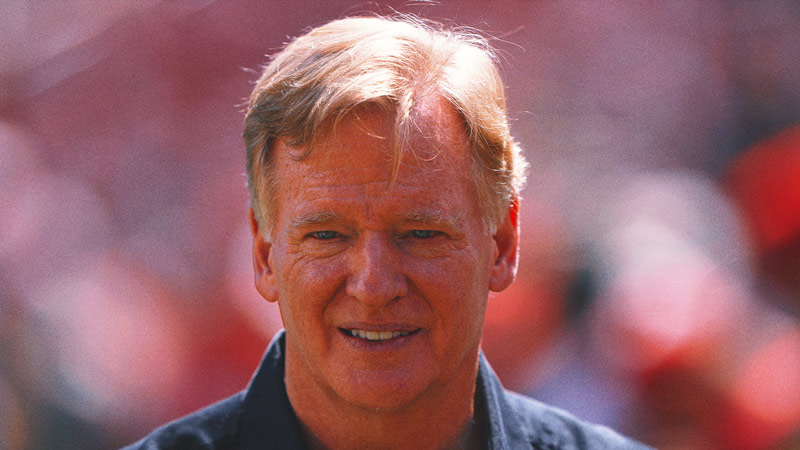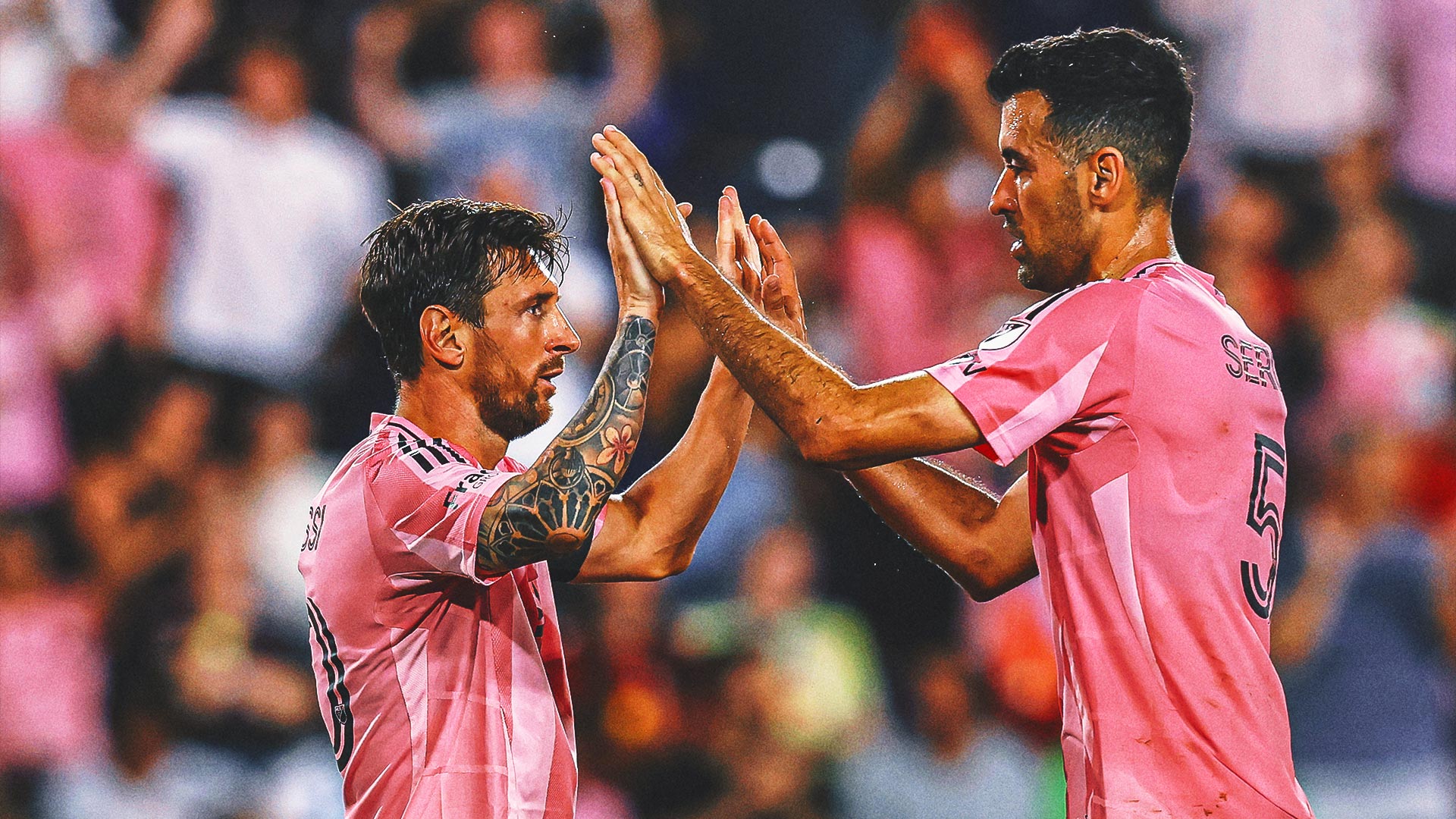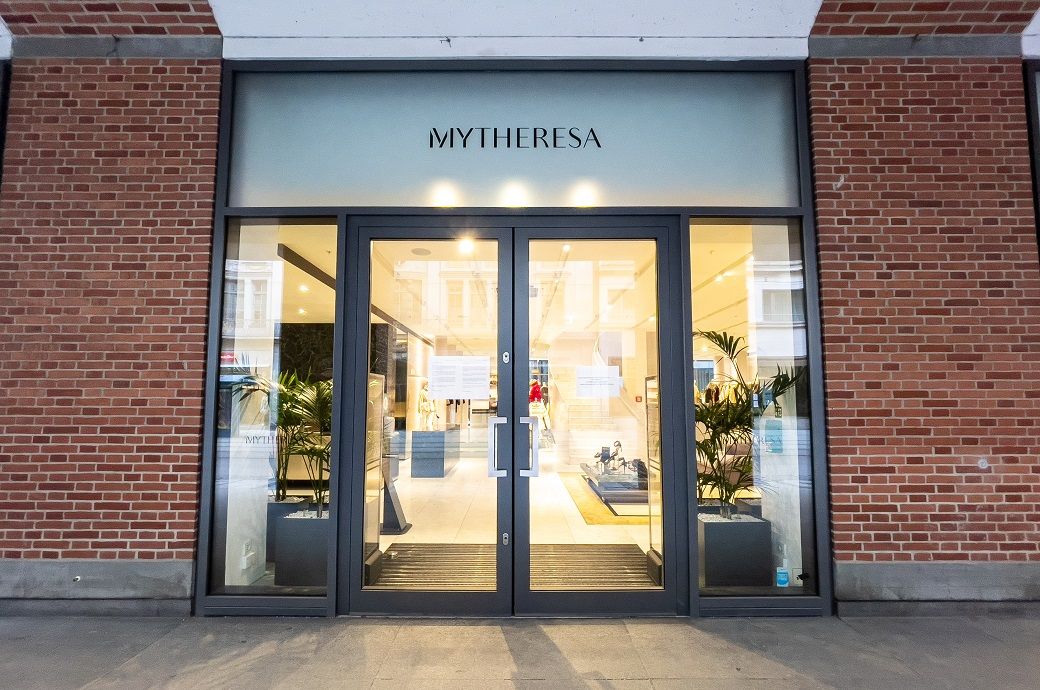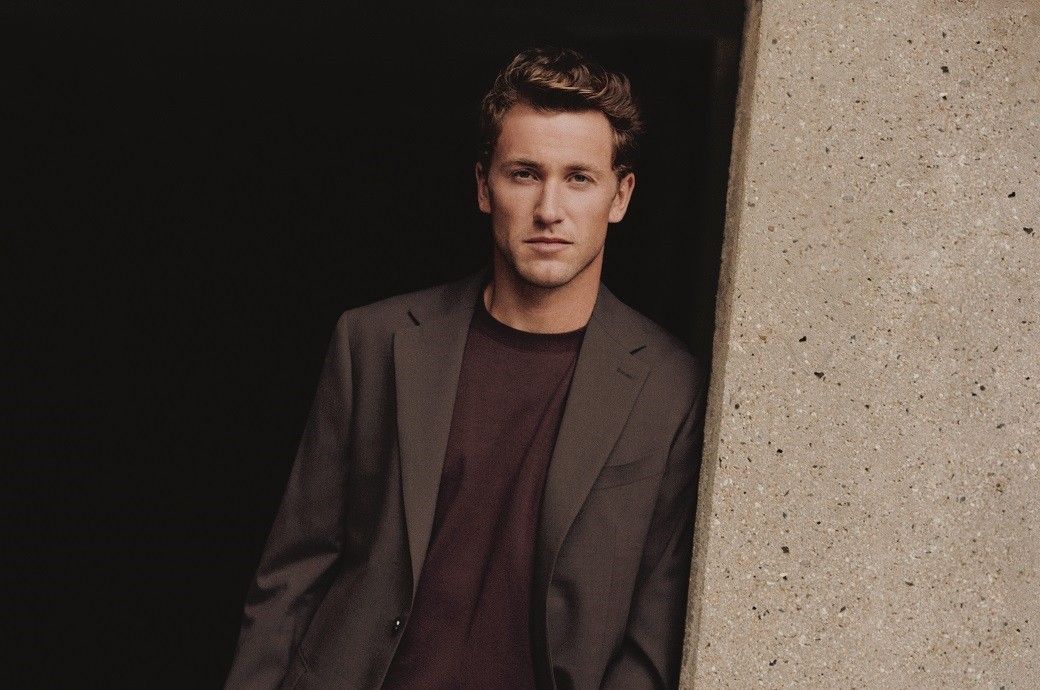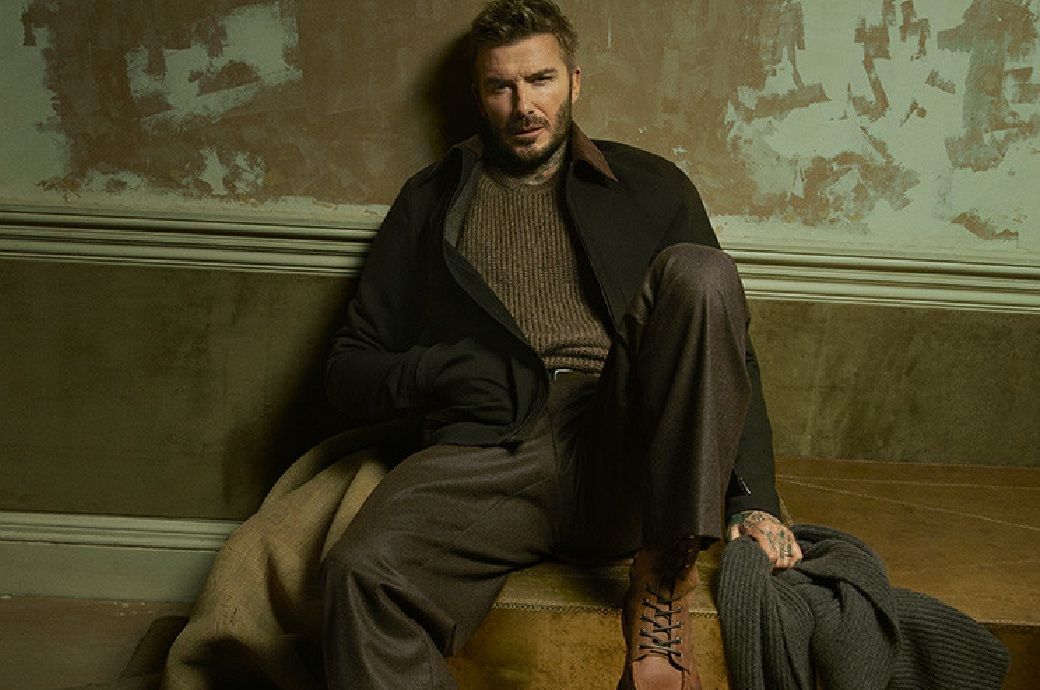“Impact editor” is a relatively new job, and it’s already changing

Athens — In September, the Dutch investigative newsroom Lighthouse Reports worked with six other news outlets1 to co-publish an investigation into how Syrian president Bashar al-Assad’s totalitarian regime stole 300 Syrian children from their families and hid them away in orphanages in an attempt to force their parents to cooperate with the government.
Reporters spoke not just with victims’ families, but with psychologists, attorneys, and representatives from NGOs who wanted to help. After the story was published, Lighthouse created a WhatsApp group to connect all of these sources and help the families get support. (Lighthouse reports that at least another 3,700 children are still missing.)
Lighthouse’s role was “not just to deliver the story to the families, but also to use our position and connections to benefit the families,” the newsroom’s impact editor, Tessa Pang, said in a panel at the Incubator for Media Education and Development (IMEDD)’s International Journalism Forum in Athens, Greece, last month. “They’re not just providing us their stories, but they’re also benefiting from the journalism. This is an example of how an investigation can live beyond what is published.” Impact during, not just after. Newsrooms don’t always agree on the definition of impact or how to measure it. And journalists often think of impact as the product of their reporting: A story’s publication contributes to a law being changed, or holds an elected official to account, or saves a local business from closure.
But the impact editors on IMEDD’s panel said impact can also be planned for and achieved throughout the reporting process. Newsrooms don’t have to wait for somebody else to act on their journalism’s findings — they can help coordinate the change they want their stories to enact.
Simply publishing a story is not the same thing as accountability, Lighthouse’s Pang stressed. An impact editor is “someone who can understand the role of the investigation in the context of the wider issue in the world, who’s able to go out and speak to policymakers and civil society organizations and ask, ‘What are you working on? Where could our findings be useful and how can we get them to you in a way that can be most useful to you?'”
Impact looks different in each newsroom. Nation Media Group is the largest media company in East and Central Africa, with 22 news brands across 3 countries. Its impact editor, Daisy Okoti, defines impact as “any evidence that your journalism did what it said it would do.” The Daily Nation, one of the company’s papers, broke the news that the president of Kenya planned to build a church inside the Nairobi State House, generating a national debate over whether the plan violated laws separating church and state. (In August, Kenya’s High Court temporarily halted construction.)
The New Humanitarian’s Bressmer said “impact” means accomplishing at least one of the following: Informing policymakers, holding the stories’ relevant sectors to account, raising awareness of overlooked crises, and/or and platforming voices of marginalized communities.
“That sounds broad, but it actually makes my job really fun,” Bressmer said. “We sit down at the beginning of a project and talk about the goals that we’re trying to achieve with it. We set ourselves [up] with some rough ideas, and then I go off and write an impact strategy to try to operationalize that.”
After The New Humanitarian published the participatory journalism project “The Lebanon Displacement Diaries,” it partnered with a theater in Beirut to develop a play.
“I never thought I would be part of a theater performance production,” said Bressmer, noting that the audience “got pulled into telling their own stories of displacement. You find unique ways for the audience to connect with what originally is a journalistic product.”
Lighthouse Reports helps reporters and editors set goals for their reporting to accomplish — “key deliverables that we would want to see from an investigation,” Pang said. “If the goal is…policy change or a law changed or a public discussion around an issue, some key deliverables could be: A politician raises a question in Parliament in response to our findings, or an influencer who accesses a specific strategic audience makes a video speaking about the investigation.”
The biggest challenges are often internal. Impact editor roles should be senior newsroom positions, the panelists said, because much of their work involves prioritization, mindset shifts, and culture change.
“If you’re an impact editor and you don’t have power, a team, or resources, you might have very good ideas, but if you work in a newsroom as large as I do, there’s a very good chance that no one will pay attention,” Okoti said.
She stressed that developing an impact mindset in a newsroom takes time. When she got her job, Nation Media Group was simultaneously undergoing a digital transformation initiative. “People were feeling like there [were] so many things going on in this newsroom,” she said. “Sometimes it takes a while before they come to fully appreciate what you’re trying to do.”
Pang noted that the impact editor role comes in different forms. “There’s the impact editor that’s able to give strategic or editorial advice to the team, and then there’s the kind of impact producer that might be an expert [on an issue] and give you all the contacts that you should talk to,” she explained. Different newsrooms have different needs.
Bressmer said sometimes the hardest challenges are those you can’t do much about. “One of our key impact pillars is informing policymakers,” she said. But “[our CEO] was like, ‘It’s no longer enough to inform policymakers. They are informed; they are making the wrong choices,'” Bressmer recalled. You can “give them all the information they need, and they still make the wrong choices. And you have little to no control over that at all.”
Impact work is not activism. The Examination’s Wells said when she talks to other journalists about her role as an impact editor, they sometimes tell her it isn’t their job to make change happen. They say things like, “We’re here to gather the truth. What happens to it has nothing to do with us.”
Some journalists feel uncomfortable articulating the kind of change that they want to come from their reporting, Pang said.
“That’s not to say journalists…shouldn’t be able to provide the findings [through] which activists can then create change,” she said. “It’s all about working in coalition and working together.”
Watch the full discussion here and read more of our coverage from the IMEDD International Journalism Forum here.
- BBC Eye, The Observer, Trouw, Al-Jumhuriya, Der Spiegel, Sowt, and SIRAJ
What's Your Reaction?
 Like
0
Like
0
 Dislike
0
Dislike
0
 Love
0
Love
0
 Funny
0
Funny
0
 Angry
0
Angry
0
 Sad
0
Sad
0
 Wow
0
Wow
0

















